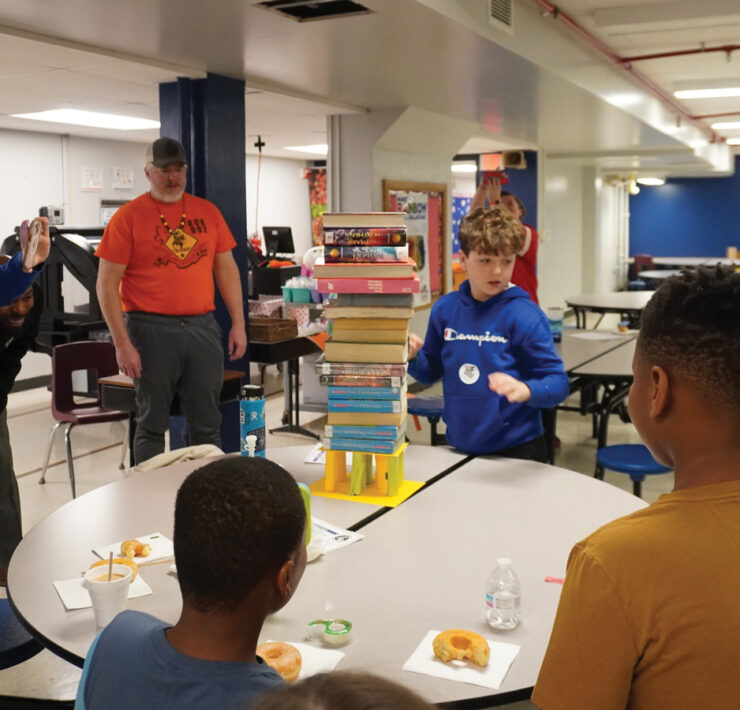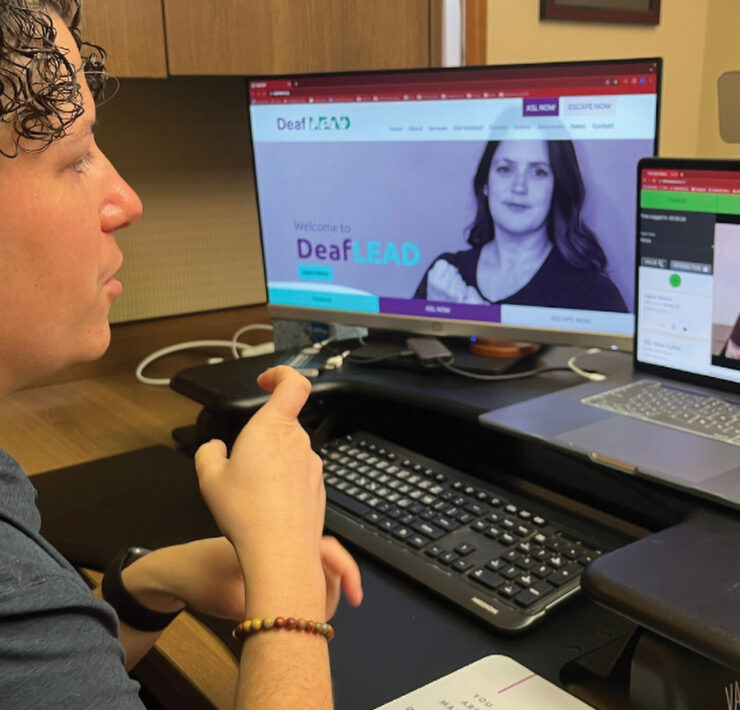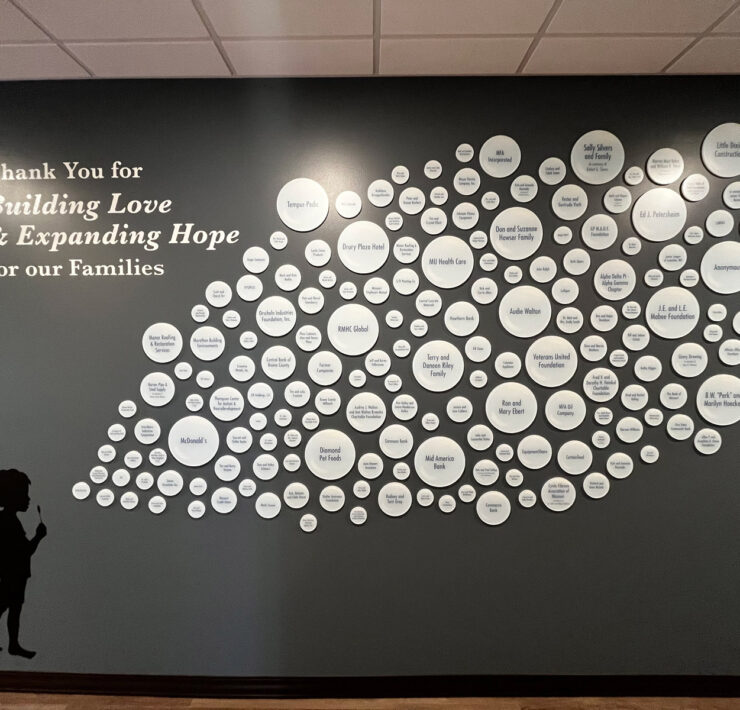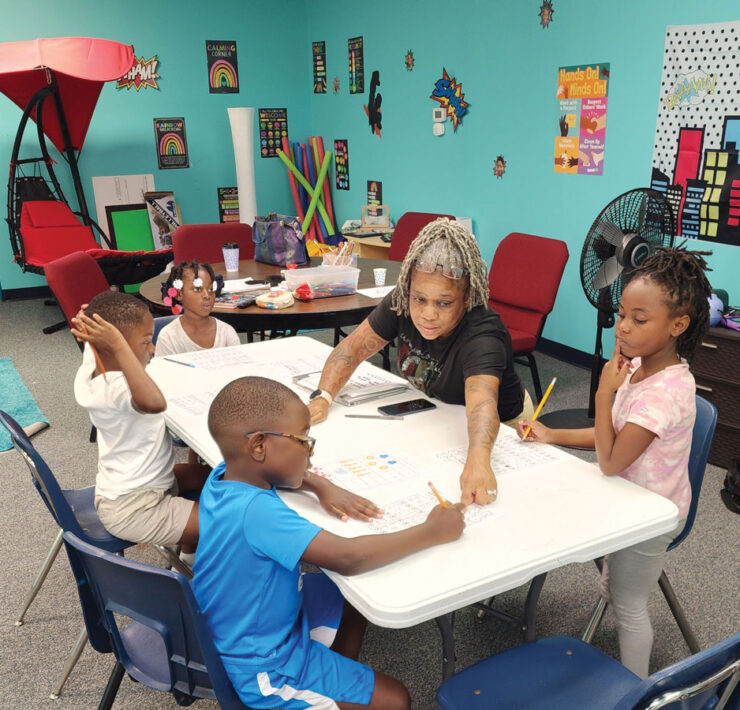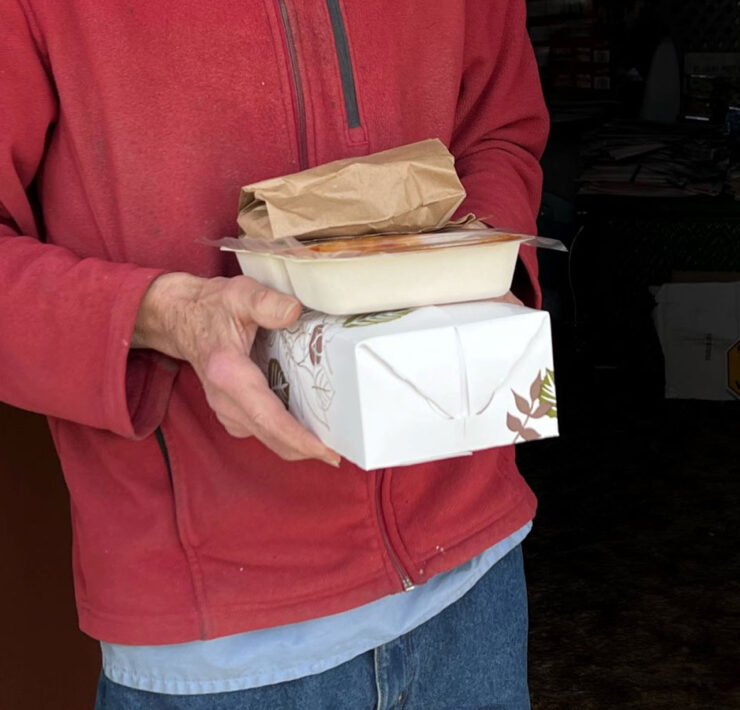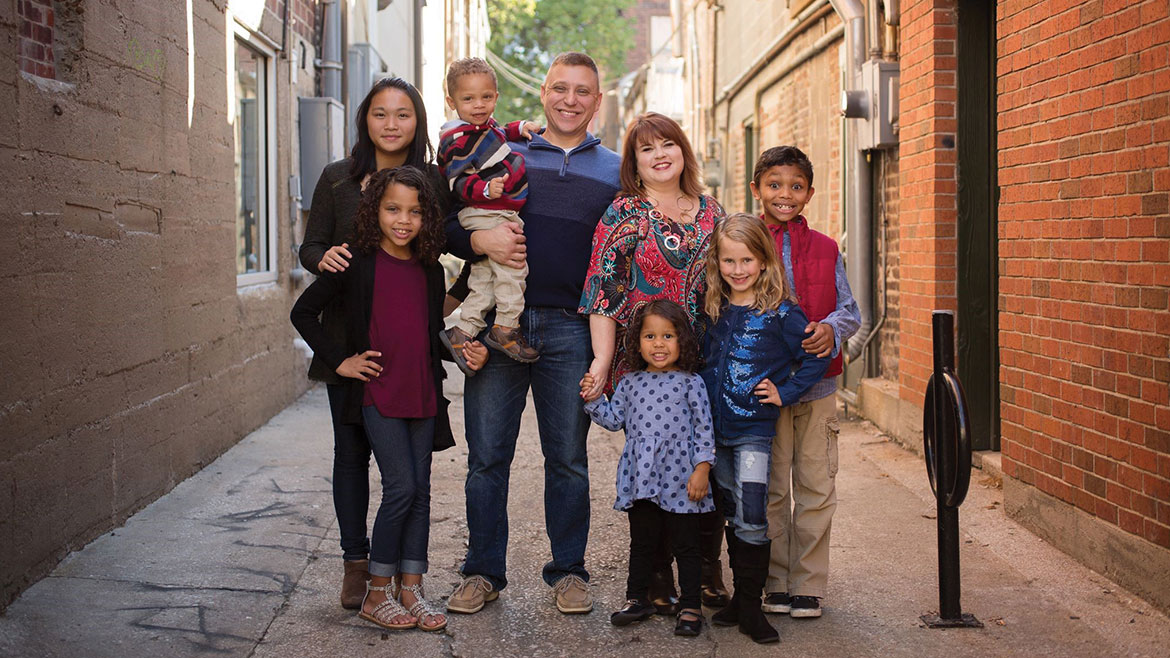
Great Circle is a Missouri nonprofit with a centuries-old history and a comprehensive goal.
For Aubrey Ash, what started as a desire to foster children with the hope of one day adopting turned into six adoptions over the course of 12 years.
She and her husband, Tony, adopted their first child internationally, but the high costs led them to consider fostering children locally. They looked to Great Circle, a Missouri behavioral health nonprofit, to foster and eventually adopt three of their children.
Great Circle provided the Ash family with caseworkers throughout the fostering and adoption process. “We knew we wanted to adopt but wanted to foster until we found the right child,” Ash said. And they adopted all of them — all were a good fit.
All-around care across the state
In addition to foster care and adoption, Great Circle’s services include intensive outpatient care as well as counseling, education, camps, and services for children on the autism spectrum. “It’s a complicated array of programs and services because, as human beings, we’re pretty complicated,” says John Money, Great Circle’s chief of staff.
Eligibility for their services extends to anyone struggling with behavioral or mental health challenges, and their goal is to be the first step, not the last, Money says. “We want to take the approach to be proactive and have families say, ‘Hey, I need help — my child is struggling with drugs or with suicidal thoughts’ or with whatever the challenges are that they’re struggling with,” says Money.
Great Circle has an office in Columbia in addition to a smattering of locations across the state and employs more than 1,400 individuals. In 2018, Great Circle’s services reached almost 40,000 children and families in Missouri.
Centuries-old roots
With over 180 years of service underneath their belt, Great Circle isn’t new, but they’ve evolved over the years. Their roots trace back to 1832 and the St. Louis Orphans’ Asylum, where they provided relief for orphans impacted by the cholera epidemic. The following centuries saw more evolutions and additions until Great Circle, as it is known today, was officially established in 2009.
Their broad scope is one thing board member Randy Boehm appreciates about the organization. “Because Great Circle is involved across the state, they can look at the state’s needs as a whole and readjust services as needed,” he says.
In 2017, Boehm started serving on the Great Circle board of directors. His 32 years with the Columbia Police Department, including his years as police chief, gave him a peek into the needs of the community. “I’d dealt with a lot of child abuse and neglect, and we just didn’t have the resources in the community to help them,” Boehm says. “Great Circle filled a void in the community for these kids.”
One of these voids is educational needs. He says most schools do the best they can, but that’s not always enough. “When you have kids who are just too disruptive to be in that [traditional school] setting, they usually just get suspended, and that helps no one,” Boehm says. “But Great Circle has an educational system to help those kids.”
Individualized care
Great Circle’s services may be expansive, but their treatment and care are individualized. One method Great Circle has adopted is neurosequential treatment, which analyzes the relationship between trauma and the brain. Money explains that the brain develops differently based on the trauma the person has experienced, and that development can cause individuals to respond to treatments in different ways.
“They may not respond to a verbal therapy session,” he says. “They may need some experiential interaction where they’re doing a ropes course or a swing or physical motor skills or connection with an animal. Whatever that may be, we’re mapping that out using the science of neurosequential model.”
Ash also understands the effects of trauma, especially when it comes to parenting styles. She says the trauma her children have experienced has changed them internally more than one would think.
Even though most of her kids have experienced estrangement from biological parents, each child handles it differently. “The hardest thing is learning how the trauma affects the child and how to adjust parenting,” Ash says. “You just can’t parent the same way when these kids come from trauma.”
One pillar of parenting for Ash is structure, as she wants her children to be able to take care of themselves when they leave her house one day. For the kids 8 and older, they make their own breakfasts, lunches, and beds. “My theory is that their lives have been chaotic, so they will do well with a list of routines,” she says, adding that they excel in the structure. “The love and stability that you pour into them will never leave them.”
And although the path isn’t easy, Money sees these kids and families as courageous and resilient. “Let’s get you the support you need and try to give you the tools you need to make your life better, and it’s OK to talk about it,” he says. “We try to provide some redemptive services for them so they can have a better life. For me personally, I like to think that whatever I can do for this organization every day is helping humanity in some way. That’s what keeps me here.”
Great Circle
4304 S. Bearfield Rd.
844-424-3577
Great Circle Facts
Founded in: 2009
Core Values
- Compassion: We build loving, caring, and nurturing relationships.
- Diversity: We respect and embrace differences in people.
- Fun: We have a culture that encourages play, creativity, and joy.
- Integrity: We do what we say.
- Mission-Focused: We make all decisions in the best interest of those we serve.
- Professional Excellence: We are accountable for high standards and best practices.
- Stewardship: We take care of our human and natural resources and provide strong oversight of our finances.
- Transparency: We are open and candid through our internal and external communications.



